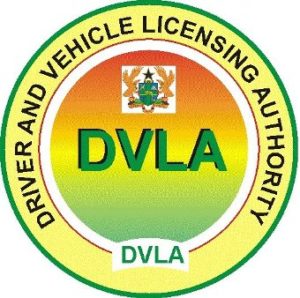Ghana DVLA told to stop issuing roadworthy stickers to rickety vehicles
 Mr. Tonny Dickson Afriford, a Road Crash and Injury Prevention Analyst, has appealed to the Driver and Vehicle Licensing Authority (DVLA) to stop the issuance of roadworthy stickers to rickety vehicles.
Mr. Tonny Dickson Afriford, a Road Crash and Injury Prevention Analyst, has appealed to the Driver and Vehicle Licensing Authority (DVLA) to stop the issuance of roadworthy stickers to rickety vehicles.
This is because physical examination of some of the vehicles with valid DVLA roadworthy stickers showed that they did not qualify to be used on the road either for carrying passengers or goods.
“It is time individuals’ initiate legal actions against officials of public institution for sleeping on the job to ensure that these officers paid by the taxpayer live up to expectations,” Mr. Afriford said when he appeared on the Ghana News Agency-Tema and Motor Transport and Traffic Department (MTTD) Road Safety Campaign platform.
The GNA and MTTD Road Safety Project seek to create awareness for road users, educate all road users of their respective responsibilities, and sensitize drivers, especially of the tenets of road safety regulations, rules, and laws.
The Road Crash and Injury Prevention Analyst attributed a proportion of road crashes to the condition of vehicles, saying, “vehicles originally manufactured for carrying goods are transformed to carry passengers, the type of seats fitted in such vehicles are not comfortable for use, yet they are cleared with the roadworthy certificate.”
Mr. Afriford urged the MTTD to arrest rickety vehicles on the roads irrespective of their road-worthiness.
Mr. Francis Ameyibor, GNA Tema Regional Manager, cautioned against the use of mobile phones while driving or crossing the road.
He said most private drivers were guilty of the usage of mobile devices while driving.
“Driving demands full attention even in slow traffic flow; we must place value on our lives and that of others and stop engaging in illegal activities on the road.”
Mr Ameyibor urged drivers to be responsible on the road and protect pedestrians by stopping for them at designated crossings and cautioned pedestrians to only cross the roads at designated places to avoid endangering themselves and other road users.
Source: GNA
